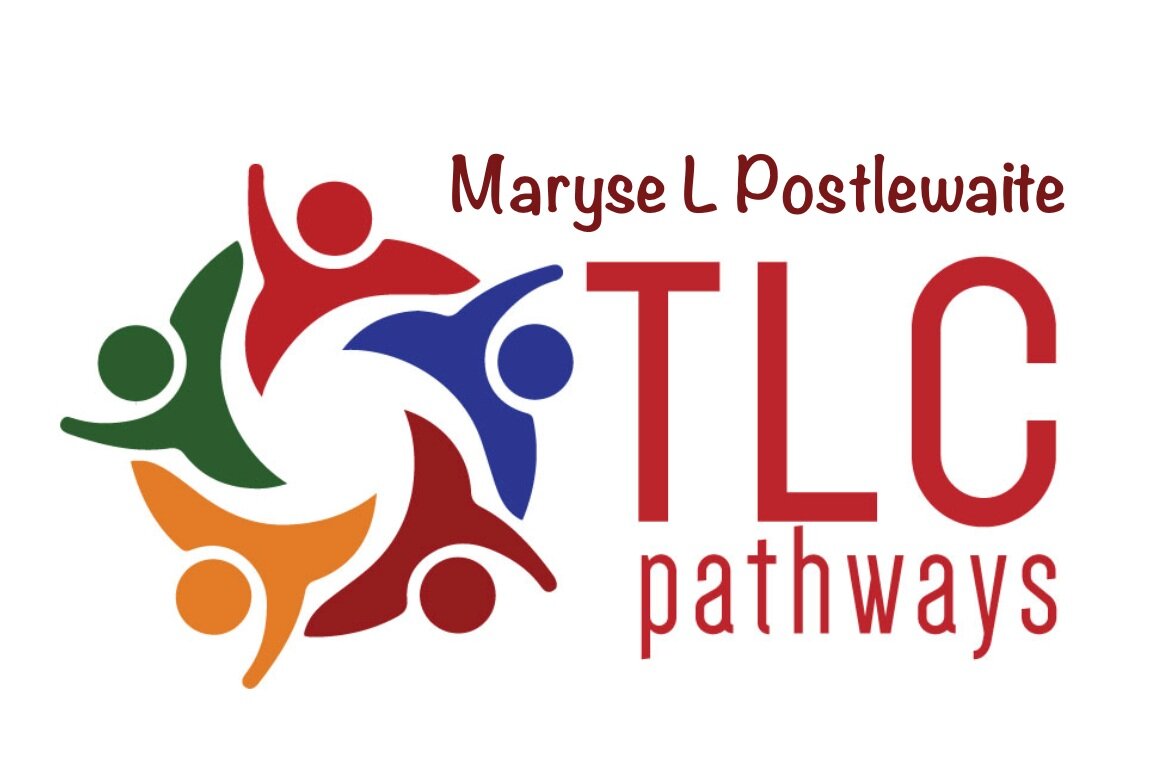Kitchen Personalities
A Fun Way to Get to Know Each Other
We can nurture relationships and build more trust and the outcome for all is beneficial. Learning more about one another and building rapport makes a difference.
Here’s a fun way to get to know others.
Gather your group together, be they family, work colleagues, or friends…this is best with at least 5 or up to 30 plus. Actually, there is no limit!
Gather a bunch of kitchen utensils (optional). Spread them out. Then ask the question: If you were a kitchen utensil, what would you be and WHY? It’s the “why” which is revealing as people tend to relate the use of the utensil to one of their favorable characteristics. (BTW, if someone feels too limited by a utensil, then suggest, anything in the kitchen or in the house/office for that matter.)
Here are some responses from various workshops and gatherings… I’d be…
a can opener because I like to get deeper inside of things
a metal spatula as I like to turn things around to have a new perspective
a sifter to be able to separate what’s important from what’s not
a wooden scrub brush because I like things to be neat and tidy
a bottle opener because I like to have a good time
an herb grinder because I like to add more flavor to situations
a wooden spoon since I like to mix things up
Point of Interest…I give credit to my family for this activity. A couple of years ago, I was informed that my name, “Maryse” was associated with a kitchen utensil… a spatula, a special one, used with pastries. It was coined after Maryse De Monpetit, a pastry chef from the royal court of Francois I, 16th century.
Since learning this about my name, our family asked one another the question. I like to gather good ideas and pass them along. So what kitchen utensil would you be and WHY?
Register for the Conflict Resolution online course http://learn.kidpower.org/course/conflict-resolution-pathways or email pathways2tlc@gmail.com for more information.
Connect with Facebook: @tlcpathways
Instagram: maryse_tlcpathways or LinkedIn: Maryse L Postlewaite
Speaking Another Language
Do We Mean the Same Thing?
Do you speak another language? Yes, we all do sometimes because we associate different meanings to the same words, even in the same language. We can clarify misunderstandings in “learning one another’s language”.
Here’s an example: What do you mean when you say, “Just the other day…”? The difference in the reference of time lapse may be different. When my mom uses that phrase, she means within the past 2 weeks, whereas for my dad, it would mean up to a year ago!
It’s easy to assume that we mean the same thing when we say something. It’s relative to our own experiences, perspectives, and customs. Young children learn language from their family, tribe, and community. And then there are non-verbal ways we communicate which also can be misinterpreted. (More on that soon.)
Communication is key. Let’s assume the best. If we find ourselves in a situation when we may have mistaken what someone has said to us, let’s ask questions to clarify. We may simply have had an alternative definition to the same word or phrase.
I invite you to share other examples of these types of miscommunications. We are not alone. It happens to us all.
For more about fine tuning communication skills, send an email: pathways2tlc@gmail.com.
Connect with Facebook: @tlcpathways
Instagram: maryse_tlcpathways or LinkedIn: Maryse L Postlewaite




